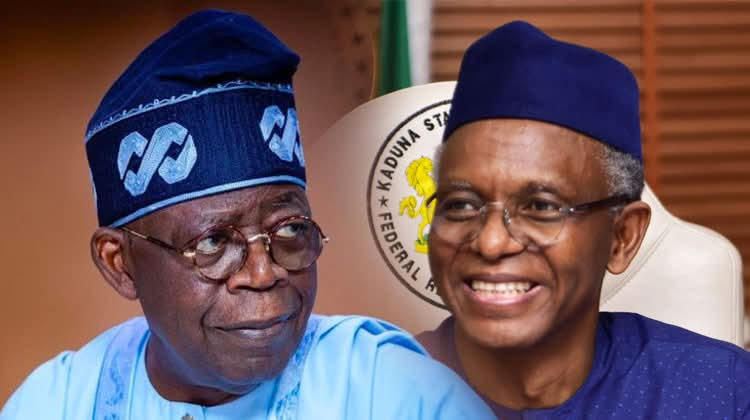After a careful assessment of recent judgments of the Appeal Court which removed mainly opposition lawmakers from Plateau and Kaduna states in the House of Representatives, the Minority Leader, Kingsley Chinda has denounced the decisions of the justices, which he believes has eroded public interest and called to question the impartiality of the judiciary.
In a statement issued by Hon. Chinda in Abuja, he declared that: “we are shocked that the Justices of the Appeal Court delivered judgements that are not only conflicting but negates proven and established legal principle of “staire decisis”; relying on precedents of higher courts. With due respect to the justices, the grounds on which the Justices reached their unfortunate and regrettable judgments are totally unacceptable, ludicrous, capricious and outrightly unlawful. The obvious illogic which characterised the judgments falls short of our constitutional and electoral jurisprudence.”
The opposition leader wondered why, despite the well established jurisprudence on pre-election matters, “the justices decided to side-track, neglect, and jettison established precedents clearly and explicitly delivered by the Supreme Court. It is not only sad and painful; but shameful that the justices, in their warped wisdom, gave such patently prejudiced and inconsistent judgements without respect for existing substantive and procedural laws.”
Recall that in May 2023, in PDP versus Kashim Shettima, the Supreme Court, in dismissing the appeal, ruled that, you cannot challenge a political party over structure even if it does not have the structure.
Also, the Supreme Court dismissed Allied Peoples Mandate’s suit against the Independent National Electoral Commission on the same ground.
“Similarly, in October 2023, the Appeal Court, in strict adherence to established jurisprudence, dismissed a matter by All Progressives Congress’ candidate for a House of Representatives seat in Borno state against the Peoples Democratic Party. Justice Chioma Nwosu-Iheme in her lucid and clear judgement held that the appropriate place to challenge the nomination, sponsorship and qualification of a candidate is the High Court NOT Tribunal or Appeal Court or any other Court.
Speaking further, the Minority Leader said, “since there are many pronouncements by the Supreme Court, which is the final court in Nigeria, on pre-election and similar issues, it is binding on all parties. Having laid this very necessary and useful background, one can safely conclude that the actions and decisions of the justices in Plateau and Kaduna states are a travesty, and calls to questions the time-tested and serially-proven attributes of the judiciary as an impartial, responsive and transparent body. The conflicting judgements are insensitive, repulsive, insidious, and tantamount to gross abuse of judicial process.”
While expressing worries about the implications of the conflicting judgements by the appeal court justices, Rt. Hon. Chinda declared that, “if left unchecked and promptly addressed, it may have far-reaching impacts on the judiciary and democracy in Nigeria. This would discredit, portray and give the judiciary very negative image. The trust and impartiality character of the judiciary would be completely eroded. These anomalies would not only call to question our values as a people and country but may have negative effects on the growth and deepening of democracy.”
While commenting on the different political meanings been made about the conflicting judgements wherein the Peoples Democratic Party has emerged as the major, and only casualty, the Minority Leader argues that, “you cannot blame people from making conjectures and deductions with the way the justices have gone about otherwise direct, simple, and clear cases. As a party, and opposition, we are shocked with the pattern and manner of these judgements. It is proper to advise the Nigeria Judicial Council, and the leadership of the Appeal Court to as a matter of necessity review these judgements, and where possible ensure that justice prevails, considering their implications on our jurisprudence, nascent democracy and national development.”





